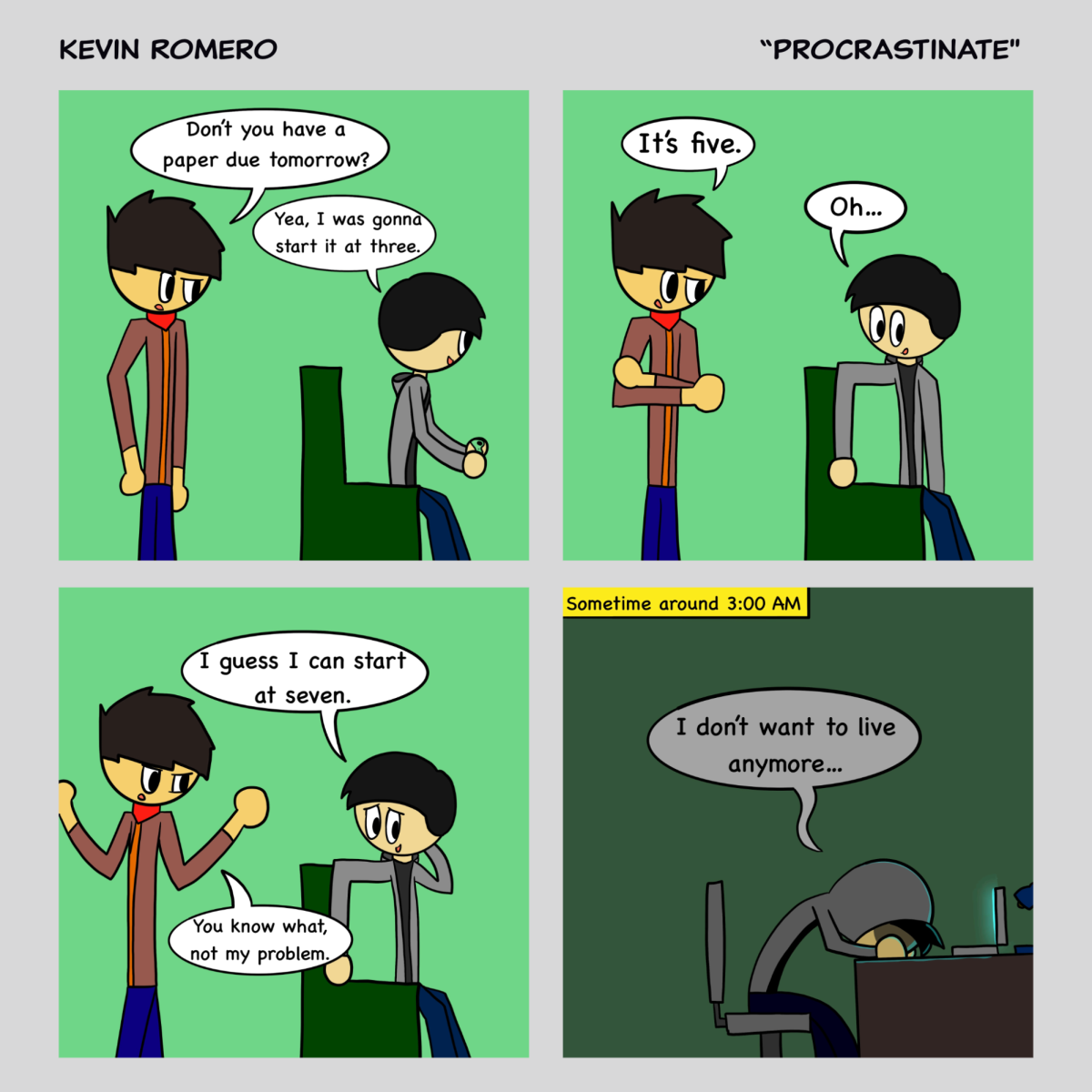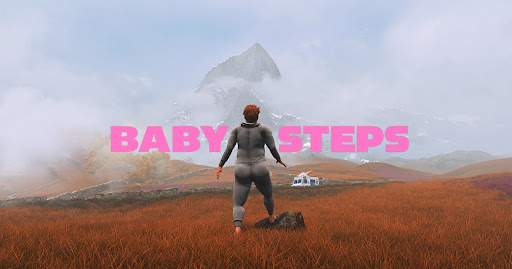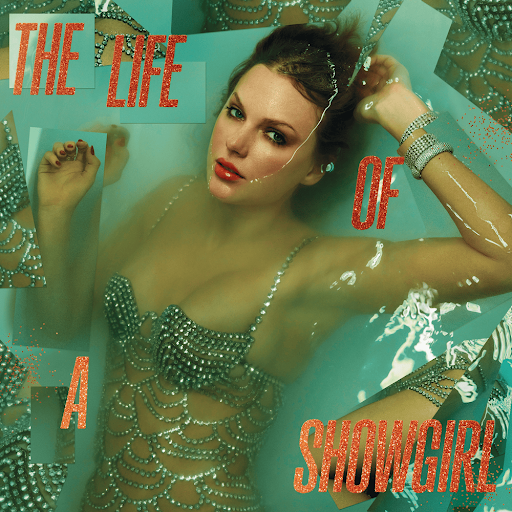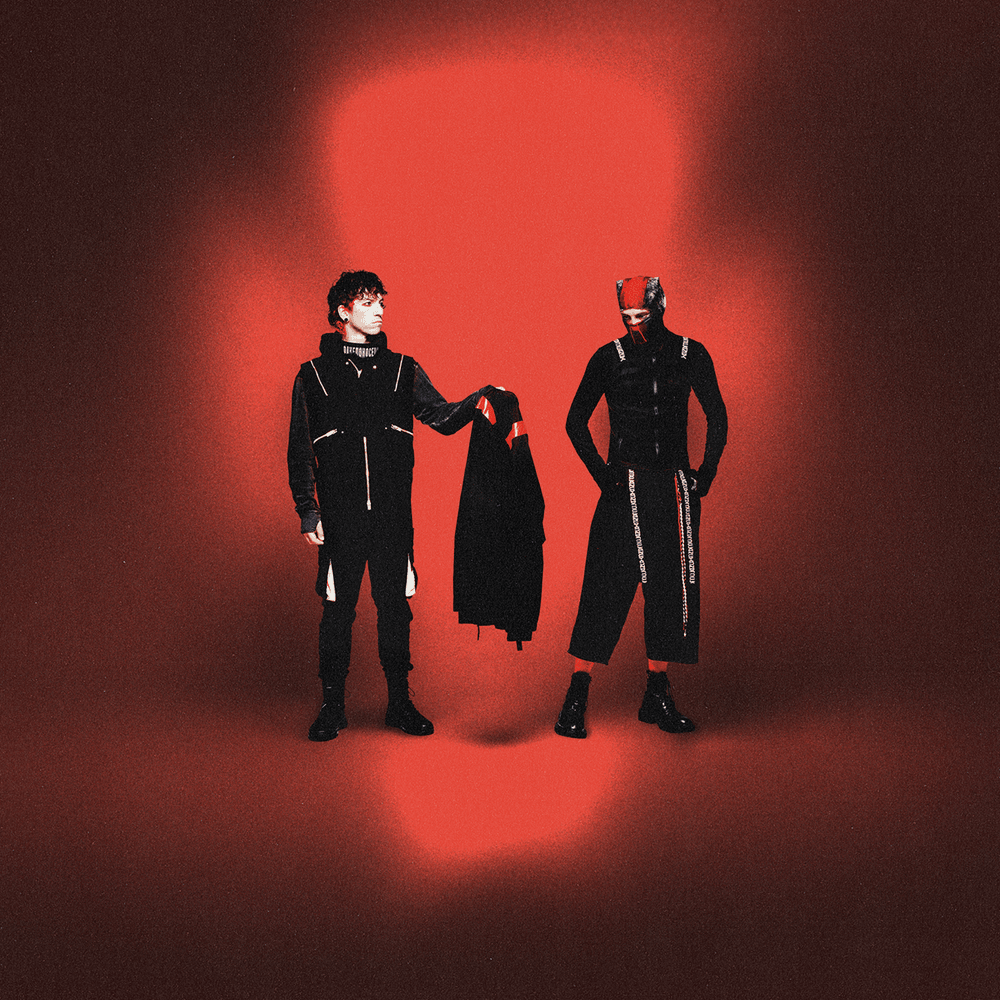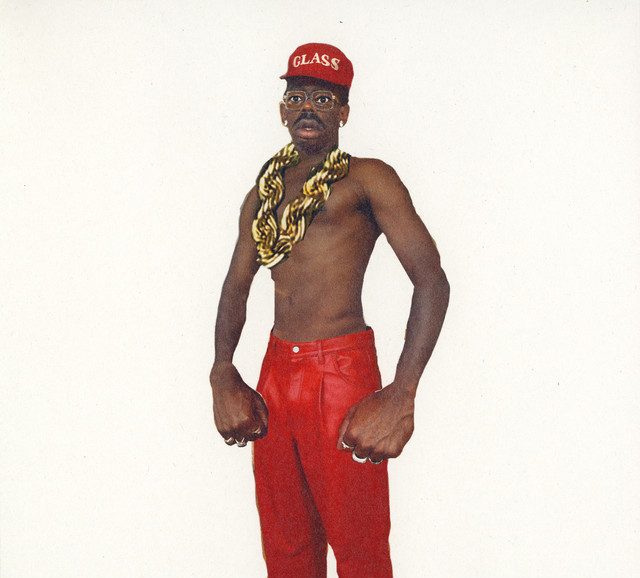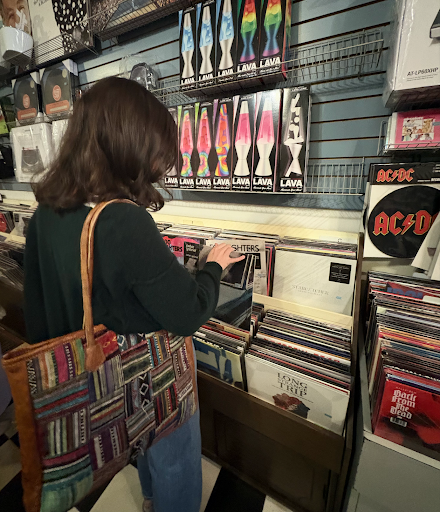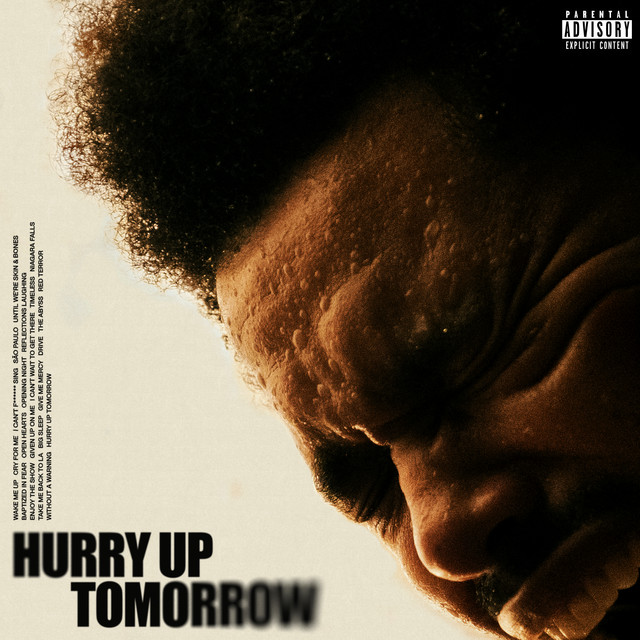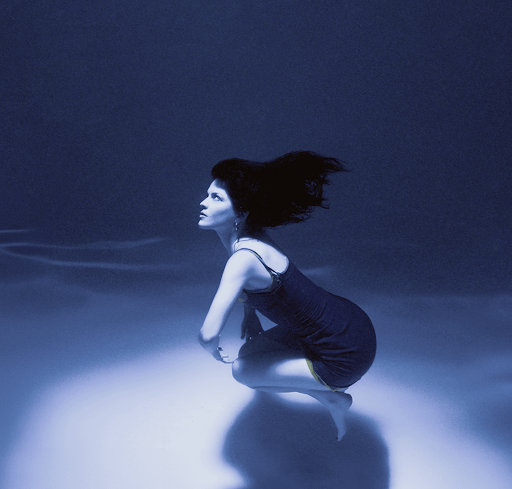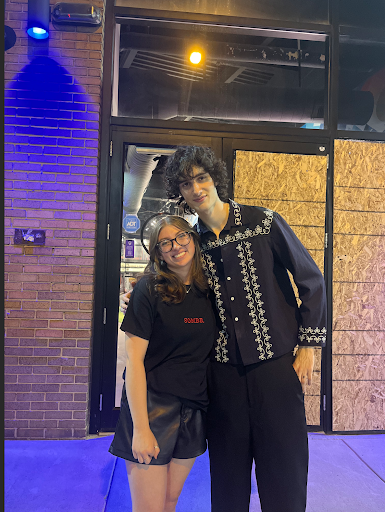
Do you ever listen to an album and wish more people knew about it so you could go on endlessly intricate rants dissecting how great the album is? Okay, maybe you’re not overly insane over music to straight- up anatomize it but you might understand how sad it is when an album that deeply moved you gets overlooked. Without further ado, here are some albums that I adore to pieces that deserve way more recognition than what they got.
Virtue by The Voidz (2018)
The Voidz stands out in the experimental genre. Created by Julian Casablancas, The Strokes frontman, this quirky collective sifts through different genres and nitty-gritty subject matter. Although they only have two albums out, their music is incredibly solid, especially on Virtue.
If you’re hesitant to get into anything too abstract or experimental, start with this album; you won’t be disappointed! Even loaded with electric eccentricity with borderline sci-fi elements, it’s a versatile project that’s wonderfully weird and so undeniably catchy.
Leave It In My Dreams mirrors Casablancas’ work with The Strokes, but its zany guitar passages remind you that is purely Voidz material. Auto-tuned vocals? Yes! Absurdly creative guitar-synth riffs? Affirmative! Cryptic lyrics? Oh, you betcha! Aside from being ridiculously catchy, it also urges listeners to get a reality check and not be stuck in the constant dreaming despite how disappointing life gets.
If Leave It In My Dreams is mildly, tastefully strange, QYURRYUS is purely and unapologetically strange, literally dubbed as a “Cyber-Arabic-Prison-Jazz” song by the band. It certainly lives up to that description with its warbly bass and bizarre, howling guitars. When Casablancas isn’t alternating between his lower and higher register, he croons in auto-tune or offers tidbits of philosophical spoken word. “I lost what’s mine,” echoes somberly through the outro and refers to the loss of innocence or trust (in the government).
Even more disorienting are Permanent High School and Lazy Boy. With the former, Casablancas illustrates a careless teenager to an overly careful adult pipeline and feeling both childish and overgrown, stuck in an endless routine. With the latter, he also reflects on that high school teenager feeling, lamenting with “I don’t wanna do this anymore” over a stuttering synth-pop groove. The “going in a circle” refrain is also worth mentioning because not only does it cleverly show circular apathy, but it’s just so darn catchy that it will be stuck in your head, and you will be singing it randomly!
The band isn’t afraid to be critical and political like on ALieNNatioN. Chalked full of allusions to riots and “Murder in the name of National Security,” the band exposes a corrupted America with “silence in the way” of justice. Subtle references to Black Lives Matter and immigration make this track incredibly layered in meaning, especially its title portraying a lying nation. Black Hole similarly follows this throughline, explicitly namedropping organizations like NRA and ultimately pointing to America being “sucked into oblivion.”
Ultimately, the band is dedicated to its neo-psychedelia earworms with My Friend The Walls and, my favorite track, Wink. For being a fusion of tropical pop and trip-hop, it’s easily the best song on the album. The best part? It’s a song about letting loose creatively with a “going wherever the wind takes me” type of message, perfect for just easy listening! The worst part? It ends so abruptly, which is frustrating!
The mellow Pink Ocean might seem like an easy listen with its steady, artful guitars, but the lyrics about loneliness and leaving the “dream” of life completely subvert that. Instead, Pointlessness, the nihilistic yet beautiful finisher, explicitly explores inward darkness with warped, desolate synths. While a sour note to end on, there seems to be open-mindedness for where life can go despite existential dread – truly beauty behind the sadness.

Flowers for Vases/descansos by Hayley Williams (2021)
When pop-punk icon Hayley Williams teased her second studio album as her own Folklore, I wondered how she would fit Taylor Swift’s folkloric freshness into a more alternative rock mold. Flowers for Vases gave me all the answers I needed, and I wish this album received just as much acclaim as her bold solo debut, Petals For Armor.
Flowers for Vases is a soft folk-rock odyssey, stripped of overly complex instrumentals and a big band production to enhance Williams’ lyrical epics. Even with just simple guitar strumming or piano chords, she expands her musical universe and envelops listeners in her delicate, emotional landscapes of heartbreak, abandonment, and recovery.
Williams often finds herself picking up fragments of herself, like on First Thing To Go. With just her flexible vocals and an acoustic guitar, it’s a painful yet moving auditory experience that makes it feel like you’re in an otherworldly liminal space with her. Lamenting over her divorce, she tries to enjoy her newfound solitude even while she’s “scared to lose what’s left of you” or questioning, “Why do memories glow the way real moments don’t?”
The bitter, surgical My Limb completely severs a wasted relationship. Williams finds herself amputated from her ex-lover, detached from her “other half,” and limping toward survival. On the Latin-inspired Asystole, a term related to cardiac arrest, she wants to (emotionally) stabilize herself but is still unable to “pull the plug.”
Yet, Williams also heavily yearns like on “Over Those Hills,” one of the album’s most artful and dynamic tracks. Its folk pop flair meshes well with Williams’ sentimental post-breakup blues, spiraling out of numbness and recovering through medication. Her recovery journey doesn’t end here. Good Grief embraces the somber side of healing, especially when “there’s no such thing as good grief.” Wistfully, she looks back at that metaphorical rearview mirror just one last time before trying to move on with her life. Similarly, HYD – or How You Doing? – shows an emotionally matured Williams checking in on her ex-lover, fondly stirring over their old memories and still hoping for closure.
The soothing serenade Find Me Here loops back to recovery, specifically from the “delicate darkness” of mental illness. While it’s important to aid others through their struggles, Williams also suggests giving others the introspective space they need to stand up on their own again and still be there while also not trying to solve all their problems. It’s therapeutic and profound in every sense, especially with its meditative, sweet harmonies.
While still in a transitional phase in her recovery, Williams searches inwardly “Just A Lover,” an alternative jazz-rock slow-burner that foreshadows a similar sound that Paramore adopts in their latest album. As she contemplates new romantic possibilities, love, as uncertain as it is, remains a constant in her life, and she lets her heart “crack open.” Even through struggle and chaos, she knows what she wants and bittersweetly looks to new horizons and, most importantly, a new beginning.
Further Joy by the Regrettes (2022)
The Regrettes occupied a niche yet impactful space within feminist pop punk and the “riot-grrrl” movement. Their second studio album, Further Joy, departed from in-your-face pure punk and launched the band into summery pop new-wave intertwined with sugary dance-pop, similar to Paramore.
Much of the album reflects on chasing after happiness but finding yourself in a loop. Anxieties (Out of Time) exemplifies this through raging ruminations and anxious dialogue as lead singer Lydia Night pleads for her anxieties to “just let me breathe.” She also hints at intrusive thoughts that burn in her mind, especially wanting to feel alive again. Monday furthers the existential narrative with Night wanting someone to “Tell me I’m alive.”
Accompanying these dreary lyrics, the bittersweet musicality makes this project so fun to jive to. In a perfect, musically intelligent world, a song like That’s What Makes Me Love You would’ve been a TikTok hit. I mean, its tropical-inspired, foot-tapping pre-chorus and hook are begging to be sung along to! I also just appreciate how unapologetically lovey it sounds with mushy steel guitars and a dreamy harp. It really captures sour parts of a relationship – like late nights crying on the phone and regretting the things you say – that still make the whole thing so worth it.
Barely On My Mind also heavily contributes with its tropical dance-pop groove that’s just as inescapable as the anxious thoughts mentioned in the lyrics. A line like “Barely on my mind,” followed by “All the fuckin’ time,” is an insanely clever depiction of pretending not to care when you do…a lot.

While seemingly a love song directed at a partner, the flowery Subtleties (Never Giving Up On You) is actually a garden of vulnerable self-love and rebirth. It’s a love song for the self, according to Lydia Night, who described it as “me singing to myself,” following her struggles with body dysphoria. The violin strings and twittering bird sounds also really add to the lush ode to recovery and self-commitment.
Better Now dives into the paradox of growing soft from codependency while also becoming cold and hard from trust issues. “I miss the time when my heart is in the center” packs a sentimental punch because it reflects how tender and sensitive the heart can be and how we yearn to feel something.
Nowhere perfectly epitomizes the hamster wheel of happiness that the album chases after. You’re chasing after something unattainable, like eternal happiness, only to end up stagnant and going, well, nowhere. Show Me You Want Me follows this, ending the album on a search for reassurance in love. You get fed up with chasing uncertainties and are so “tired of waiting, anticipating,” that you want to go somewhere. Sometimes, you want love to go places beyond anything, and we can’t help but chase the thrill of it, even if it’s just to feel something.


